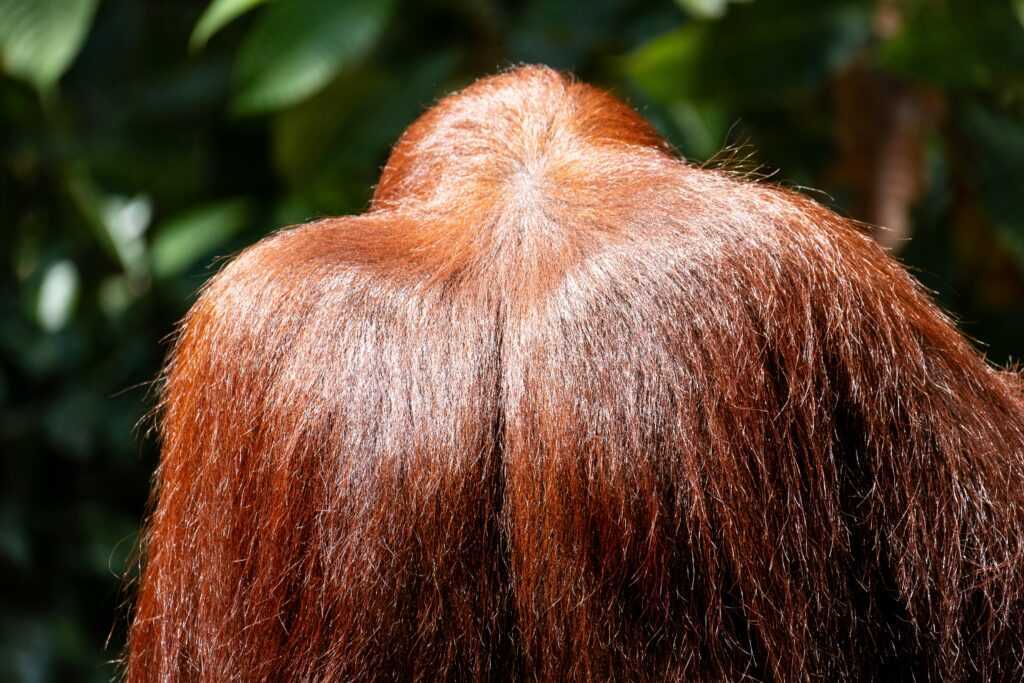Understanding Hair Wellness
Hair wellness encompasses various factors like nutrition, stress levels, and sleep quality. Healthy hair is strong, shiny, and resilient. It grows from well-nourished hair follicles and exhibits minimal breakage or shedding. Several aspects contribute to achieving and maintaining optimal hair wellness.
Nutrition
Proper nutrition plays a crucial role in hair growth and strength. Essential vitamins and minerals like:
- biotin
- zinc
- vitamin D
support healthy hair follicles. Foods like eggs, nuts, and fish provide these nutrients. Balanced diets help maintain hair’s natural luster and strength.
Stress Levels
Chronic stress negatively impacts hair health. Elevated stress hormones disrupt hair growth cycles, causing hair to enter the telogen phase prematurely. This phase leads to shedding. Stress management techniques like meditation and exercise can mitigate these effects.
Sleep Quality
Sleep quality directly affects hair wellness. During deep sleep cycles, the body repairs and regenerates cells, including hair follicles. Poor sleep impedes these processes, leading to weaker hair and increased loss. Consistent sleep patterns contribute to robust hair health.
Hydration
Adequate hydration supports hair wellness. Hydrated scalps provide a healthy environment for hair growth. Water intake also helps maintain hair elasticity and prevent dryness, which reduces breakage.
Scalp Health
Healthy scalps are essential for strong hair. Regular cleansing removes excess oils and debris, preventing follicle blockages. Scalp massages stimulate blood circulation, promoting nutrient delivery to hair roots.
Hair Care Practices
Proper hair care practices ensure hair wellness. Using conditioners and avoiding excessive heat styling preserve hair integrity. Regular trims prevent split ends and breakage, contributing to overall hair health.
The Science Behind Sleep and Hair Growth

Adequate sleep plays a critical role in hair growth. Here’s how the sleep cycle and hormones impact hair follicles.
The Sleep Cycle and Hair Follicles
Deep sleep phases contribute to hair health. Studies show that hair follicles undergo repair and restoration during the deeper stages of sleep, also known as non-rapid eye movement (NREM) sleep. Cell mitosis rates increase during this phase, facilitating hair growth. Sleep deprivation disrupts these phases, potentially weakening hair strands over time.
Hormonal Impact During Sleep
Sleep directly influences hormone production. Melatonin and human growth hormone (HGH) levels rise during sleep, both crucial for hair growth. Melatonin enhances hair growth by stimulating follicles, while HGH fosters tissue repair and regeneration. Poor sleep patterns decrease these hormone levels, leading to slower hair growth and increased hair loss risks.
Benefits of Quality Sleep for Hair Wellness
Quality sleep significantly impacts hair health. It supports growth, prevents loss, and enhances texture and shine.
Promoting Hair Growth
During quality sleep, particularly the deep stages, the body repairs and regenerates cells. NREM sleep increases cell mitosis rates, which are essential for follicle health and hair growth. Hormones like melatonin and human growth hormone (HGH) reach their peak levels during sleep, stimulating follicles and promoting growth.
Preventing Hair Loss
Disrupted sleep patterns often result in stress, which increases cortisol levels. Elevated cortisol weakens hair strands and slows growth, leading to increased hair loss. Maintaining regular sleep helps regulate cortisol, reducing hair loss risks. Restful sleep ensures optimal hormone balance, supporting strong and healthy hair.
Enhancing Hair Texture and Shine
Sleep also plays a crucial role in maintaining hair texture and shine. During sleep, the body hydrates and regenerates cells, improving scalp health and sebum production. Well-balanced sebum levels keep hair hydrated, resulting in improved texture and natural shine. Adequate sleep supports nutrient absorption, ensuring hair remains vibrant and healthy.
Common Sleep Disorders Affecting Hair Health
Several sleep disorders impact hair wellness by disrupting restorative sleep cycles that are essential for hair repair and growth.
Insomnia
Insomnia, characterized by persistent difficulty falling or staying asleep, negatively affects hair health. Chronic insomnia leads to elevated cortisol levels, resulting in hair follicles entering the resting phase prematurely. Studies indicate that stress-induced insomnia often contributes to increased hair shedding and slower growth rates.
Sleep Apnea
Sleep apnea, marked by repeated interruptions in breathing during sleep, severely disrupts sleep quality. The frequent awakenings prevent the body from achieving deep, restorative sleep stages, which are crucial for cellular repair and regeneration. Individuals with sleep apnea often experience hair thinning and breakage due to the lack of proper oxygenation and the overall stress imposed on the body.
Tips for Improving Sleep for Better Hair Wellness
Sleep plays a crucial role in maintaining hair health. Implementing effective strategies can improve sleep quality, subsequently promoting healthier hair.
Establishing a Sleep Routine
Consistency is key for a good night’s sleep. I recommend going to bed and waking up at the same time every day. Aim for 7-9 hours of sleep each night. Limit screen time before bed to reduce blue light exposure, which disrupts melatonin production. Instead, engage in calming activities like reading or meditating to signal your body it’s time to wind down.
Diet and Sleep
Your diet directly impacts sleep quality. Consuming foods rich in magnesium, like leafy greens, nuts, and seeds, supports relaxation. Avoid caffeine and heavy meals at least 4-6 hours before bedtime. Drinking a warm beverage like chamomile tea can also promote relaxation, making it easier to fall asleep and stay asleep.
Stress Management Techniques
- Chronic stress significantly affects sleep quality and hair health.
- Incorporating stress-reducing techniques into your daily routine.
- Practices like deep breathing exercises, yoga, and progressive muscle relaxation help manage stress levels.
- Maintaining a stress journal can identify stressors and lead to more effective coping strategies.
- Regular physical activity also promotes better sleep by reducing stress hormones and increasing endorphin levels.



 Product Review Expert
Marta is the product guru of the team, with a keen eye for discovering the best hair care products available. She meticulously tests and reviews shampoos, conditioners, styling tools, and treatments to give readers honest, in-depth insights. Marta’s expertise ensures that only the highest quality products are recommended, making her reviews an essential guide for anyone looking to invest in their hair care routine.
Product Review Expert
Marta is the product guru of the team, with a keen eye for discovering the best hair care products available. She meticulously tests and reviews shampoos, conditioners, styling tools, and treatments to give readers honest, in-depth insights. Marta’s expertise ensures that only the highest quality products are recommended, making her reviews an essential guide for anyone looking to invest in their hair care routine.
